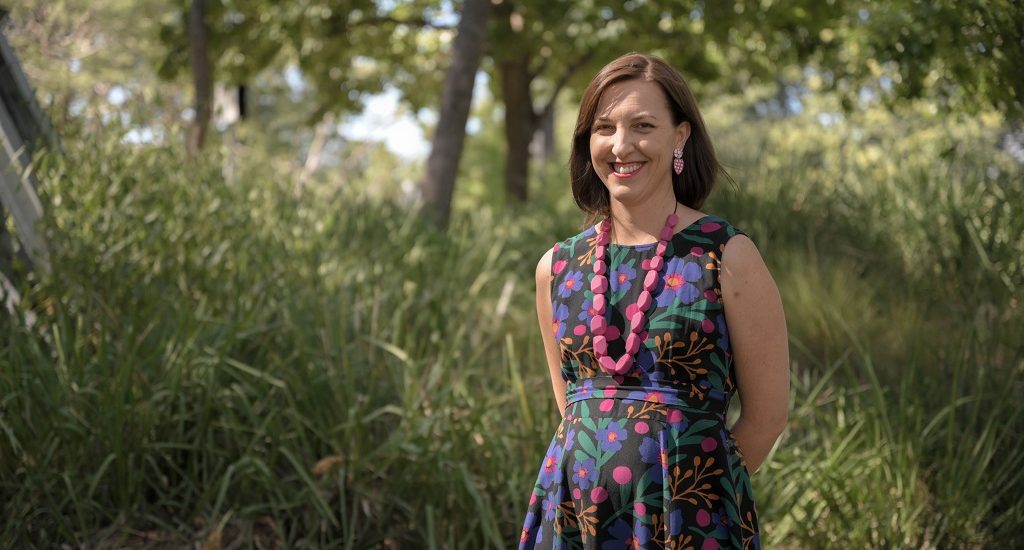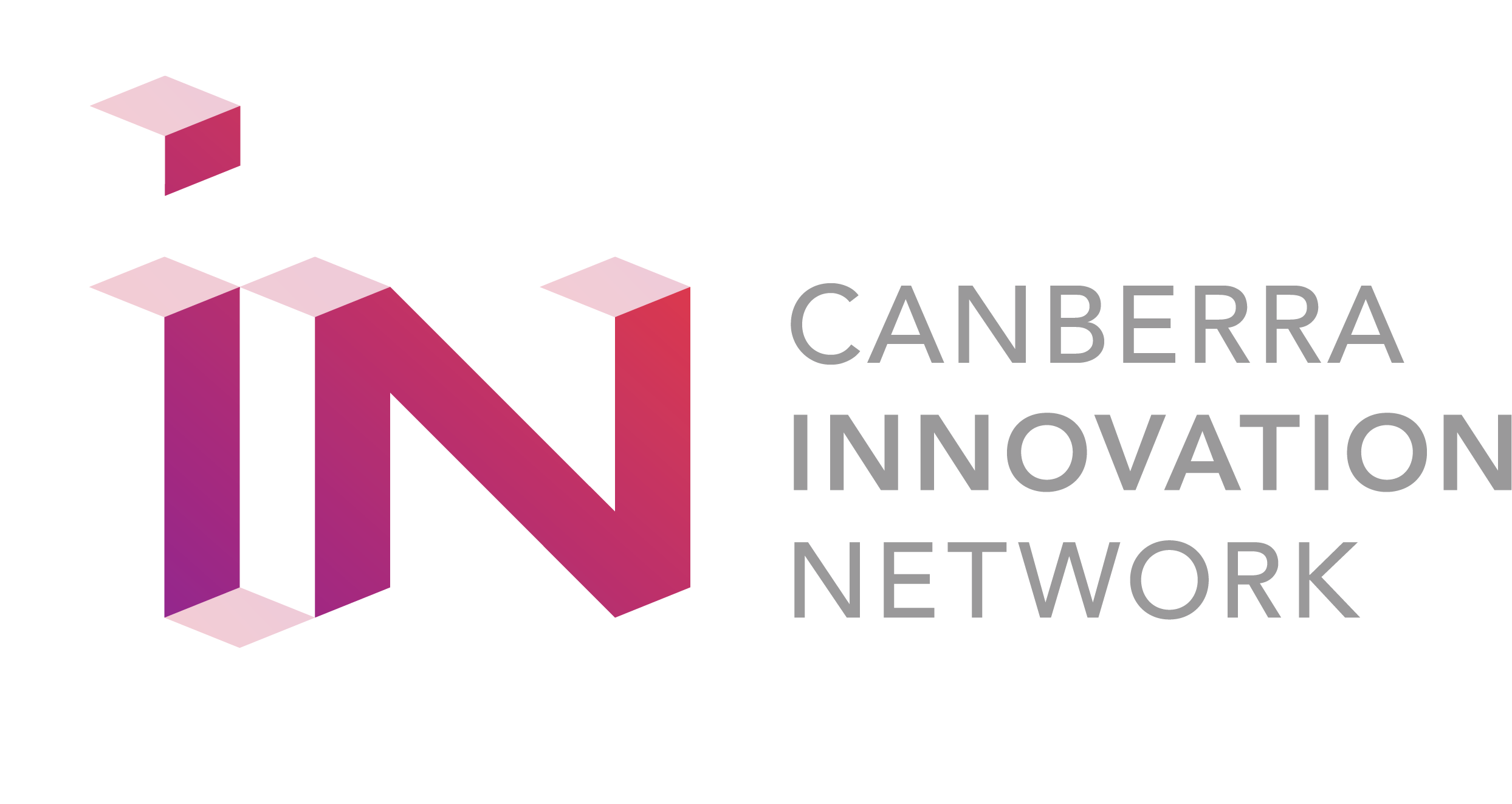- 1 June 2021
- Posted by: Canberra Innovation Network
- Category: Women in Innovation

Nicole Deen, Kasama Consulting. Credit: Evana Ho/ANU
Designing and delivering processes that are relevant and useful, and that ensure everyone can meaningfully and equally participate.
Nicole has been working in the community development sector for 15 years; her varied experience has seen her as a thought leader and collaborator with organisations such as Oxfam in Vanuatu, research officer at ANU in Canberra and as the Director of her own social enterprise, Kasama Consulting. One thing bridges the gap between what she’s worked on in the field and in an office — the hope to connect the experience of traditional community development with innovations in global social enterprise.
She has a few basic principles she’d like to share with others looking to crack the social enterprise world or gain traction for their not-for-profit (or sometimes for-profit) social endeavours, and is an excellent person to have a chat with if you’re cooking up an idea you hope will bring about some change-for-good.
Not permanent good, but positive good. But also both. ?
Here’s a bit of our own convo with Nicole.
CBRIN: It sounds like your career path has been, well, varied! Where did it all start?
NICOLE: It’s been quite the journey since I started Kasama in Vanuatu in 2014 … the name Kasama originated in the Philippines, where it roughly translates to “companion” or “friend.” It encapsulates how I work with people and organisations — as a trusted supporter who respects people where they’re at, while creating the space to explore new ideas and opportunities that will benefit the people they’re working with.
CBRIN: Did you notice a disconnect between those looking to offer help and the communities they hoped to benefit?
NICOLE: After working with many international and local NGOs, government programs and individuals in Vanuatu for five years, Kasama has been on the road through Sri Lanka and is now based in Canberra. In that time, I did notice some disconnect where people with great intentions didn’t always think to start with what’s already there and what people are already doing well in their own way. Realising that this can be easier said than done, I’m now focusing on supporting local organisations and individuals to design and implement people-centred change initiatives with the people they’re trying to have an impact on.
This means deep-diving into what local community development means and connecting with people who have the drive and passion to influence change, and who also know they could use a little support to look up and see the forest through the trees.
CBRIN: It sounds like some people with the best intentions miss the actual point, amiright?
NICOLE: If you’re designing a social enterprise, rather than assuming you know best, first just take a step back and involve those most impacted by the issues and opportunities. The most common misstep I see is not asking more during the design of a project before embarking upon it.
We offer different programs (including a workshop session later this month) about foundations for co-design, and design learning experiences that give you both the information you need to design for social impact, and also the practical tools and methods to do so. We want you to leave with an idea you can try.
CBRIN: Who should be tossing ideas around with Kasama?
NICOLE: Anyone who wants to create change WITH people instead of FOR people is … OUR people ?
CBRIN: This is fab, Nicole. Thank you so much! Any other words of wisdom to social entrepreneurs who would like to embark upon their business ideas ethically?
NICOLE: So much of working effectively for social change is about HOW we work, rather that just WHAT we do. We offer a variety of programs tailored for your needs, including how to engage communities using Asset-based community development, where you identify people’s personal, community and environmental strengths and resources; and Appreciative Inquiry, which is a useful approach that starts with asking powerful questions about what’s already worked well and then progresses to how you’d like to build upon it (rather than starting with a problem). Essentially, everything comes back to respecting others and ensuring they have a voice in the issues that most affect them. Am always happy to chat with people who are keen to explore this more!
For more about Nicole Deen or Kasama Consulting, click through. Additionally, The Mill House Ventures and Canberra Innovation Network offer free events as well as workshops for social entrepreneurs.

